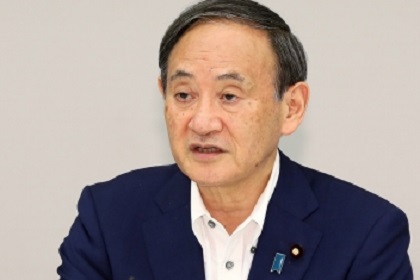 Courtesy: Prime Minister of Japan and his Cabinet
Courtesy: Prime Minister of Japan and his Cabinet
Japan's new Prime Minister Yoshihide Suga belongs to the Ganesha Group – an amorphous but important group of short time Members of Parliament without political hereditary. Ganesha or Kangiten in Japanese is the symbol of good fortune in business and also a solver of problems. This is certainly an appropriate mascot for the Suga administration, which will need to resolve pending global issues and develop good business partnerships in the coming years.
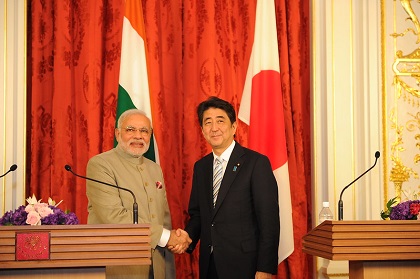 Courtesy: MEA/Flickr
Courtesy: MEA/Flickr
Under Prime Minister Shinzo Abe, India and Japan shared a live and confident partnership. The engagement with India is one of his legacies, with Japan a steadfast partner and the strategic dimension being qualitatively different. Dealing with a new Japanese leader will be a challenge for India, and that new equation will determine the pace at which Japan's partnership with India will deepen.
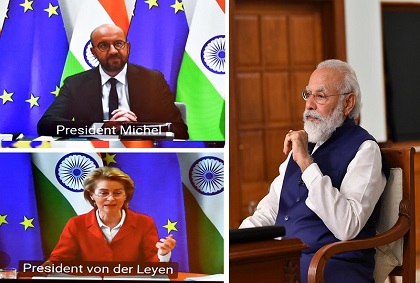 Courtesy: MEA/Flickr
Courtesy: MEA/Flickr
The recent 15th India-European Union (EU) summit held virtually in July 2020 reflects a bilateral that is gearing for a boost, with both sides trying to move closer in a variety of ways. A serious effort will be required to properly reconcile strategic, trade and investment interests.
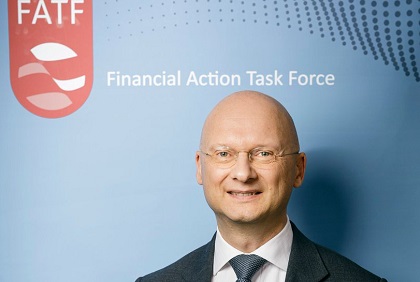 Courtesy: FATF/Twitter
Courtesy: FATF/Twitter
Germany has taken over from China as the new president of the Financial Action Task Force (FATF). Will it be the one to put Pakistan on the black list – or will realpolitik and national agendas prevail, with terrorism financing continuing to flourish?
 Courtesy: ASEAN
Courtesy: ASEAN
The jubilation displayed by many ASEAN countries on account of the Vietnam’s statement as chair of the 36th ASEAN Summit, referencing events in the South China Sea is belied by a sense of realism and caution. But the fact that more nations are speaking up is a good sign.
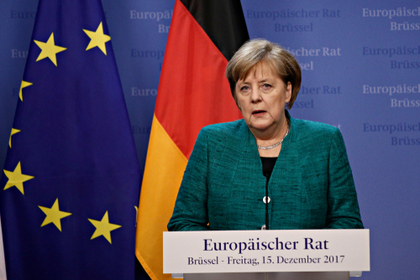 Courtesy: Shutterstock
Courtesy: Shutterstock
In July 2020, Germany takes over as President of the European Union. It’s a fraught time to lead the union which has been slow to react to COVID-19 and needs a new direction. With the pandemic, the U.S.- China stand-off, and a global economic crisis – Chancellor, Angela Merkel has her work cut out.
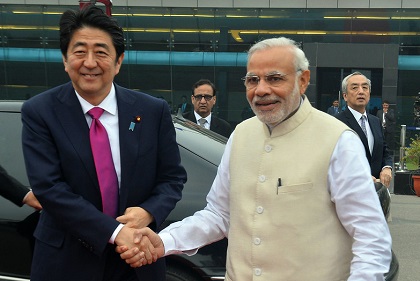 Courtesy: MEA/Flickr
Courtesy: MEA/Flickr
Japan has determined $ 2.2 billion for rehabilitation of industries exiting China. Prime Minister Modi’s new stimulus package, close to 10% of GDP, could be the impetus Japan needs to refocus FDI to India
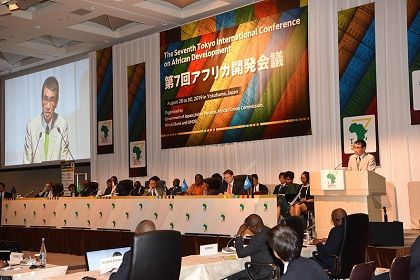 Courtesy: TICAD7/Flickr
Courtesy: TICAD7/Flickr
The Seventh Tokyo International Conference on African Development was a departure from earlier editions of it. Japan, which is changing tack as a competitor to China in Africa, held back from publicising the number of heads of state present to prevent any comparisons with other such forums and made no further commitments on Overseas Development Assistance. The accent, instead, was on increasing Japanese private sector engagement
 Courtesy: Shutterstock
Courtesy: Shutterstock
The results of the European Parliament elections, held late last month, served as an eye-opener for individual member states, such as Germany. A former ambassador to Germany offers an analysis of the leadership changes afoot, shifting coalitions – and also the prospect of stability amidst all the flux
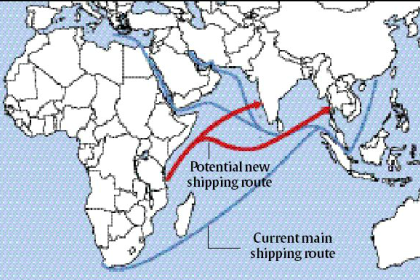 Courtesy: Bharat Shakti
Courtesy: Bharat Shakti
India and Japan, two countries wanting to enhance the quality of their engagement in Africa’s development, have historically taken fundamentally different approaches to the task. But now, both are being guided by geoeconomic imperatives in aligning their strategy in the region— and the Asia Africa Growth Corridor offers many opportunities for synergy at the B2B level











